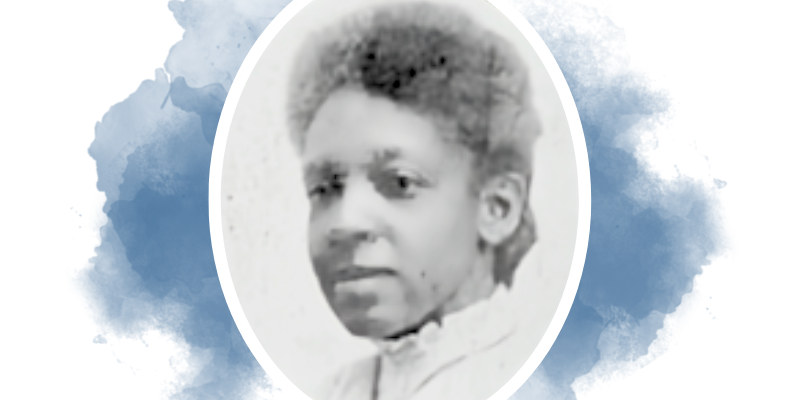-
About
- Departments & Offices
-
Academics
- Public Health
- Biomedical Sciences
- Physician Assistant
- Special Master’s (MBS)
-
Admissions & Financial Aid
- Tuition & Fees
-
Student Experience
-
- Student Resources by Program
- Academic & Student Support
- Wellness & Wellbeing
- Student Life
- Events & Traditions
-
-
Research
- Research Labs & Centers
- Tufts University-Tufts Medicine Research Enterprise
-
Local & Global Engagement
- Pathway & Enrichment Programs
- Global Health Programs
- Community Engagement
Uncovering the Truth of a Trailblazer
During a time when Black and female physicians were a rarity, Josefa Zaratt carved her own path.

During the pivotal era spanning from the aftermath of the Civil War to the onset of World War II, over 100 Black women become physicians in the United States. Many of their stories remain shrouded in obscurity, with only fragmentary details available to piece together their remarkable stories. One of these trailblazing women was Josefa Zaratt, an Afro-Latina woman born on March 19, 1871, in San Juan, Puerto Rico, who graduated from Tufts School of Medicine in 1905.
What we know of Zaratt's story begins with her graduation from Tufts, a remarkable achievement considering the societal constraints of her time. We know that, after graduating, her aspirations to practice medicine in her homeland were thwarted by bureaucratic hurdles. According to the 1906-1907 Tufts College Annual Report, Zaratt returned to Puerto Rico but had difficulty securing a license to practice medicine. On the advice of friends, she returned to the United States and passed the examination of the State Board of Registration in Medicine in Massachusetts. Returning to Puerto Rico, she was again refused a license on the grounds that the standing of Tufts College Medical School was not known to the medical board. To support her application, the Secretary of the Massachusetts Board of Registration in Medicine, Edwin B. Harvey, supplied the following official statement, authenticated by the seal of the Commonwealth.
“This is to certify that Josefa Zaratt is a graduate of Tufts Medical College in 1905, and that she passed a very creditable examination before this Board in March 1906, and was licensed to practice medicine in this Commonwealth. Furthermore, that Tufts Medical College is a high grade institution, having a rating by the American Medical Association equal to that of Harvard Medical School and the John Hopkins of Maryland. Furthermore, it is the opinion of this Board that the said Josefa Zaratt is fully competent to practice medicine in any country, being an estimable young woman of high character and accomplishments.”
Despite this letter of endorsement, Zaratt was once again denied a medical license in Puerto Rico, leading her to return to the United States.
Information on Josefa Zaratt's life and career beyond this point is limited, but records indicate that she obtained a medical license to practice in Pennsylvania and was actively working at the Frederick Douglass Memorial Hospital in Philadelphia by 1910. Established in 1895, the Douglass Hospital played a crucial role in the early stages of the Black hospital movement. At a time when most medical institutions were exclusive and unwelcoming to Black physicians, this hospital, founded to provide healthcare to the city's Black residents, also served as a space for Black medical professionals to receive training and establish their careers.
By 1919, Zaratt had established her medical practice in Boston, where she saw patients at 531 Columbus Ave. Subsequently, as noted in the 1922 New England Business Directory, she relocated her practice to 15 Dartmouth St. The Boston voter register attests that Zaratt exercised her voting rights on August 20, 1920, just two days after the women’s suffrage amendment was ratified, and six days before it was officially certified.
Josefa Zaratt's remarkable journey concluded on August 4, 1962, at Fordham Hospital in the Bronx, New York, where she died at the age of 91.
Despite the scarcity of information about Zaratt’s life, her success in a predominantly white male profession hints at her resilience and intelligence. It's evident that she refused to be deterred by the systemic barriers of racism and sexism that could have hindered her pursuit of a career in medicine.